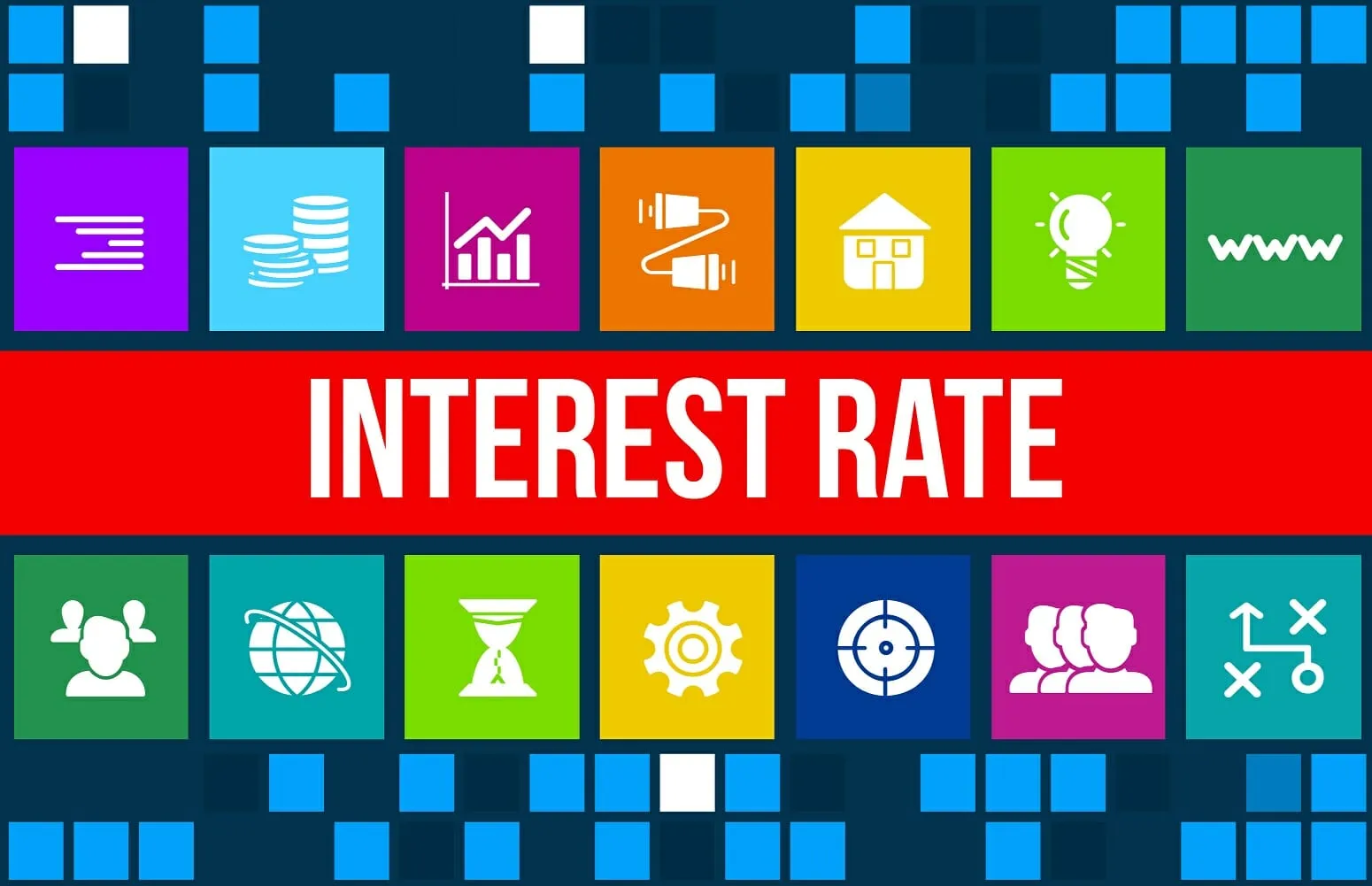Commercial Lenders: What It Is, How It Works, Different Types

What Is a Commercial Loan?
A commercial lender is a financial institution or individual providing loans and financing for businesses and commercial ventures. These lenders offer various types of loans and credit products tailored to meet the unique financial needs of businesses, including small and medium-sized enterprises (SMEs), corporations, and other commercial entities.
Importance of commercial lenders in the business world:
Commercial lenders play a crucial role in the business world by providing essential financial resources and support to businesses of all sizes and industries. Their importance extends beyond providing funds; they contribute to economic growth, job creation, and overall business stability. Here are some key reasons why commercial lenders are essential in the business world:
- Access to Capital: Many businesses require capital to start, expand, or operate effectively. The required funds are provided by commercial lenders in the form of various loans, lines of credit, and other financing choices. This access to capital allows businesses to invest in new projects, hire employees, purchase equipment, and cover operational expenses.
- Business Growth: Capital from commercial lenders allows businesses to seize growth opportunities. Whether expanding into new markets, launching new product lines, or acquiring competitors, access to funding can enable enterprises to pursue strategies that contribute to their growth and success.
- Innovation: Commercial lenders support innovation by funding research and development, technology adoption, and new product development. This is particularly important for industries that require continuous innovation to stay competitive.

- Job Creation: As businesses secure funding, they can create new job opportunities. When companies expand their operations or invest in new projects, they often need to hire additional employees, contributing to employment growth and economic development.
- Stabilizing Cash Flow: Commercial lenders offer lines of credit and working capital loans that help businesses manage their cash flow. This is especially important during seasonal fluctuations or when there are delays in receiving payments from customers.
- Supporting Startups: Startups often need more resources to fund their operations and growth initiatives. Commercial lenders specializing in small business loans, angel investors, and venture capitalists provide essential funding to help startups get off the ground.
- Real Estate Development: Commercial lenders are critical in financing real estate projects, including commercial and residential properties. This contributes to urban development, infrastructure improvement, and the overall enhancement of local communities.
- Diversification of Funding Sources: Relying solely on personal savings or equity investment can limit a business’s financial flexibility. Commercial lenders offer a diversified source of funding that doesn’t require giving up ownership stakes, allowing enterprises to maintain control and strategic direction.
- Risk Management: Commercial lenders often conduct thorough due diligence before providing loans. Their assessment of a business’s financial health and viability helps identify potential risks and weaknesses, encouraging companies to maintain strong financial management practices.
- Economic Stability: A robust commercial lending sector contributes to overall economic stability. By providing businesses with the funds they need, lenders help maintain a healthy business environment, preventing widespread financial disruptions.
- Industry Expertise: Different commercial lenders often specialize in specific industries or types of loans. This specialization brings industry-specific knowledge and expertise that can be valuable to businesses seeking funding tailored to their needs.
- Business Resilience: Adequate funding from commercial lenders can help businesses weather economic downturns and financial challenges. Access to credit can provide a safety net during tough times, allowing enterprises to pivot, adapt, and eventually recover.
Commercial lenders are vital business partners, enabling them to access the financial resources necessary for growth, innovation, stability, and success. Their role in facilitating economic activity and supporting various industries makes them an integral part of the business landscape.

Purposes of Commercial Lenders
Commercial lenders offer loans for a wide range of purposes, such as:
- Working Capital Loans: These loans help businesses cover day-to-day operational expenses, such as payroll, inventory, and other short-term financial needs.
- Equipment Financing: Businesses can secure financing to purchase or lease equipment and machinery needed for their operations.
- Real Estate Loans: Commercial lenders provide loans for purchasing, refinancing, or developing commercial properties, such as office buildings, warehouses, retail spaces, and industrial facilities.
- Expansion Loans: Businesses that want to grow, expand into new markets, or introduce new goods and services use these loans.
- Acquisition Financing: Businesses can obtain financing to acquire other companies or merge with them.
- Term Loans: These are medium- to long-term loans used for various purposes, such as business growth, capital investment, and refinancing existing debt.
- Lines of Credit: Businesses can access a revolving line of credit, which allows them to borrow and repay funds as needed, providing flexibility in managing short-term cash flow fluctuations.
- Trade Finance: Commercial lenders provide financing for international trade activities, including importing and exporting goods.
Commercial lenders assess the creditworthiness of businesses and determine the terms and conditions of the loans based on factors such as the business’s financial statements, credit history, industry type, collateral, and overall risk profile. Based on these variables, interest rates, loan amounts, and payback durations might change significantly.
Commercial lending can be provided by various financial institutions, including traditional banks, credit unions, online lenders, private equity firms, and alternative financing providers. These lenders play a crucial role in supporting the growth and stability of businesses by providing the necessary capital for various business activities.
How does Commercial Lender work?
Commercial lenders play a crucial role in the economy by facilitating capital flow to businesses for various purposes, such as expansion, working capital, equipment purchase, real estate acquisition, and more. Here’s how commercial lenders typically work:

- Loan Types: Commercial lenders offer a range of loan products tailored to the needs of businesses. These can include term loans, lines of credit, equipment financing, commercial mortgages, trade finance, and more.
- Application Process: Businesses seeking financing submit loan applications to commercial lenders. These applications usually require detailed information about the business’s financial health, credit history, collateral, business plan, and the purpose of the loan.
- Underwriting: The commercial lender evaluates the loan application to assess the creditworthiness and risk of lending to the business. This involves reviewing financial statements, tax records, credit reports, and other relevant documents. The lender aims to understand the business’s ability to repay the loan.
- Risk Assessment: These variables can result in significant variations in interest rates, loan amounts, and repayment schedules. These factors include the business’s credit history, cash flow, profitability, industry outlook, management experience, collateral offered, and economic conditions.
- Interest Rates and Terms: Based on the risk assessment, the lender sets the interest rate and loan terms. The interest rate may be fixed or variable, and the terms can include the loan amount, repayment period, repayment schedule, and any fees associated with the loan.
- Collateral: In many cases, commercial loans are secured by collateral, which is an asset of value that the business pledges to the lender in case of loan default. Collateral can help mitigate the lender’s risk and may result in more favorable loan terms.
- Approval and Disbursement: Once the underwriting process is complete and the loan is approved, the lender provides the funds to the business. The disbursement can be a lump sum or a revolving credit line, depending on the type of loan.
- Loan Servicing: After the loan is disbursed, the lender monitors the loan and the business’s financial performance. This may involve periodic financial reporting by the borrower and ongoing communication between the lender and the business.
- Repayment: The business is responsible for making regular loan payments according to the agreed-upon schedule. Principal and interest are normally included in loan payments, with the exact percentages changing during the loan’s duration.
- Default and Collection: If the business fails to meet its repayment obligations and goes into default, the lender may take legal action to recover the outstanding debt. This can involve seizing collateral, pursuing legal remedies, and potentially leading to bankruptcy proceedings.

It’s important to note that different commercial lenders may have slightly different processes and criteria for evaluating loan applications. Additionally, the commercial lending landscape can vary based on the country’s regulations, economic conditions, and industry practices.
Types of Commercial Lenders
There are several types of commercial lenders, each specializing in different types of loans and catering to various business needs. Here are some common types of commercial lenders:
- Traditional Banks and Credit Unions: These are the most typical places to get a commercial loan. They provide a large selection of loans, such as credit lines, term loans, and loans for commercial real estate. They work with businesses of all shapes and sizes.
- Online Lenders: With the rise of fintech, online lenders have gained popularity. They provide easy and rapid access to a range of company finance options, including invoice financing, equipment financing, and short-term loans. Online lenders often use technology to streamline the application and approval process.
- Community Development Financial Institutions (CDFIs): CDFIs are specialized lenders that focus on providing financial services to underserved communities and businesses. Among the many loan options they provide are microloans and loans for community development.

- Alternative Lenders: These lenders include factors, asset-based lenders, and private lenders. Factors provide financing based on a business’s accounts receivable, while asset-based lenders offer loans secured by the company’s assets, such as inventory and equipment. Private lenders might include individuals or investment groups willing to provide capital in exchange for interest payments.
- Small Business Administration (SBA) Lenders: Lenders certified by the U.S. Small Business Administration (SBA) offer loans. The purpose of these loans is to assist small firms in obtaining capital that may not be available via conventional routes.
- Merchant Cash Advance Providers: These lenders offer merchant cash advances, which are essentially advances on a business’s future credit card sales. Repayment is made through a portion of the business’s daily credit card sales.
- Commercial Mortgage Lenders: These lenders specialize in providing loans for commercial real estate purchases and development. They offer loans for various property types, such as office buildings, retail spaces, and industrial properties.
- Equipment Financing Companies: Equipment lenders offer loans specifically for purchasing or leasing equipment necessary for a business’s operations. The actual piece of equipment is used as security for the loan.
- Venture Capital and Private Equity Firms: While not traditional lenders, venture capital (VC) and private equity (PE) firms provide capital in exchange for equity ownership in the business. Startups and high-growth companies often seek funding from VC and PE firms.
- Export-Import (Ex-Im) Banks: These specialized lenders provide financing and insurance to support international trade, helping businesses engage in cross-border transactions.
- Real Estate Investment Trusts (REITs): While primarily investment vehicles, some REITs engage in direct lending for commercial real estate projects.
- Cooperative Lenders: These lenders are often member-based and provide financing to cooperatives, which are businesses owned and operated by their members. Examples include agricultural cooperatives and credit unions.
Businesses need to assess their needs and research the options available to find the most suitable commercial lender for their specific circumstances. The lending landscape is diverse, and each type of lender has its requirements, terms, and advantages.










Post Comment